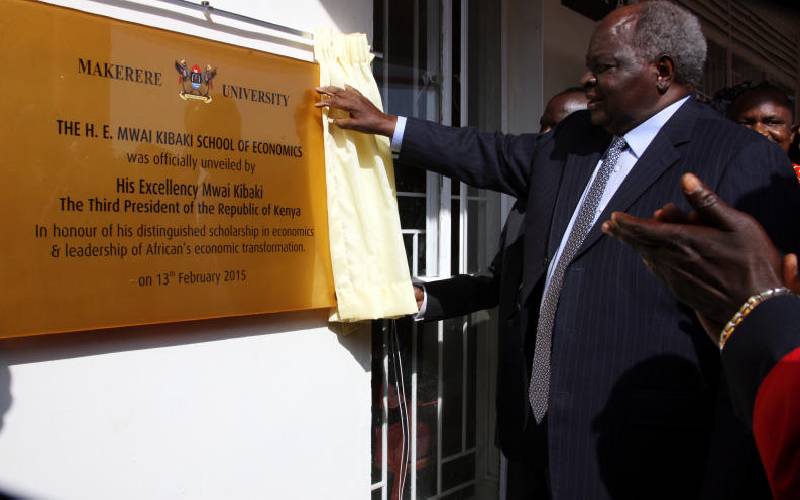×
The Standard e-Paper
Smart Minds Choose Us

Makerere was the ultimate East African nursery for future leaders. It was here that independence technocrats and political leaders were tendered before being released to the world, to lead and serve East Africa’s Great Lakes region. Makerere was the place to be and, in their own words, “as an emerging African elite.”
Dr Benjamin Edgar Kipkorir, one of the luminaries from the academy on the hill, later recalled Makerere as an institution that equipped them “with knowledge, skills and connections.”